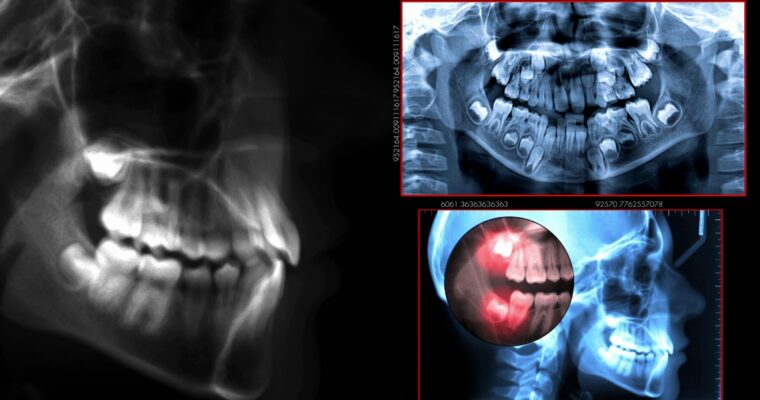Aged Garlic
Dr. Claire Arcidiacono, ND
Garlic is a nutrient that as a supplement or even spicy food enhancer can be found everywhere. The benefits of using garlic as either a supplement or even just as a spice to add to our food are numerous. If you check out the Invite health website there are numerous blogs talking about aged garlic. But what is Aged Garlic? Why is it different from regular garlic? And why would anyone even want to use aged garlic in the first place? It is a lot to talk about so let us get into it, shall we?
Simply put, has been allowed to age for approximately 20 months (about 1 and a half years). Typically, the active ingredients are then filtered and concentrated! This process modifies the harsh and often irritating compounds found in garlic extract. It also helps to generate some unique compounds that are good for our overall health. (1)
Moving on, just how does aged garlic compare to using regular garlic? To start with as I said during the aging process many of the more irritating compounds found in garlic are converted to less irritating forms. In other words, there is usually less of a “garlic” smell when you use aged garlic. (2) Studies have also found that aged garlic also has higher levels of flavonoids, phenolic and flavonol compounds when compared to fresh garlic. I bet I know what you are thinking, Dr. Claire, what does all this mean? It all boils down to antioxidant activity. The higher levels of these compounds means that aged garlic acts as a stronger antioxidant than fresh garlic. Studies have found that aged garlic may have greater benefits for reducing the risk of diabetic lesions than using fresh garlic. Overall studies have found that aged garlic is more helpful at reducing possible diabetic complications than just using fresh garlic! (3)
Another benefit to using aged garlic is that you need much less than fresh garlic. Typically, on average you would need to use 5-28 cloves of fresh garlic per day to get the maximum benefit! One of the benefits of using aged garlic is its strong ability to boost glutathione! This glutathione boosting ability means that aged garlic is a great supplement for boosting our immune system. (1) Aged garlic has been found in studies to help support heart health in diverse ways. For example, studies have found it to help with slowing the progression of atherosclerosis. (1)
What is my take home point when I compare aged garlic to fresh garlic? The higher amounts of antioxidants in aged garlic mean that it has stronger overall benefits for your heart, liver, blood sugar and even your brain! (4)
So why should you use aged garlic? Well, as I said, studies have found many benefits for aged garlic. Studies have found it may help regulate blood sugar and even help to reduce complications associated with high blood sugar. (5) Studies have also found that aged garlic can help with normalizing cholesterol levels. (6) Other studies have found that aged garlic can improve overall heart function and improve circulation. (7) Studies have even found that aged garlic can help improve memory and even reduce neuroinflammation (this is inflammation in the brain). (8) Even the liver has been found to benefit from aged garlic. (9) Lastly as I said earlier in the blog aged garlic is amazing for helping improve immune function. (1)
In case you are thinking ok Dr. Claire all this is great but isn’t black garlic even better? Why doesn’t Invite sell that? Well not it is not better because Black Garlic IS Aged Garlic. It is just another name for the same nutrient. (10)
Aged garlic is an amazing nutrient. Feel free to reach out to an Invite nutritionist to find out if it is right for you!
Up next let us talk about how to heal after dental work!
Sources:
- https://pmc.ncbi.nlm.nih.gov/articles/PMC3363007/
- https://kyolic.com/garlic-supplements-guide/
- https://pmc.ncbi.nlm.nih.gov/articles/PMC5209668/
- https://www.healthline.com/nutrition/black-garlic-benefits
- https://pubmed.ncbi.nlm.nih.gov/20016716/
- https://pubmed.ncbi.nlm.nih.gov/25671065/
- https://www.frontiersin.org/journals/physiology/articles/10.3389/fphys.2018.01435/full
- https://pubmed.ncbi.nlm.nih.gov/28054940/
- https://pubmed.ncbi.nlm.nih.gov/21663494/
- https://pmc.ncbi.nlm.nih.gov/articles/PMC8401630/








